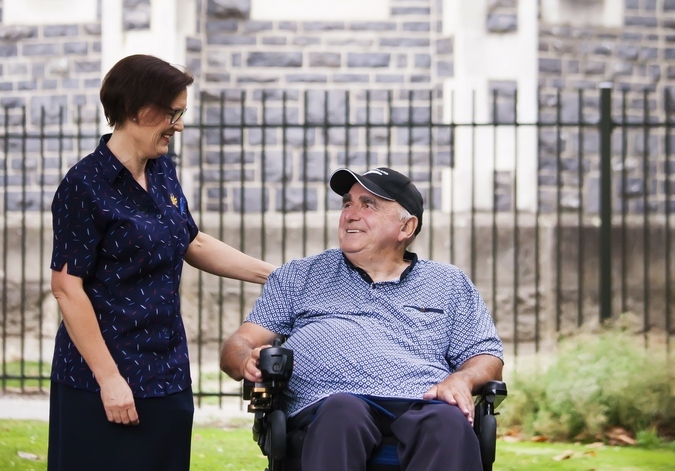Prepare for Caregiving
Prepare for caregiving, because statistically, it may be in your future. Over 65% of adults, at some point, become a care provider for someone, usually an older family member. Until suddenly being thrown into the role of caregiver, very few are people truly prepared for the job!
Many more people have suddenly become caregivers during the pandemic because they have opted to bring a parent or loved one into their home and create a multigenerational household. Others have pulled loved ones out of long-term care settings permanently. Perhaps you are sharing a home with an older relative or are responsible for caring for one. Often, these decisions come upon us quickly and unexpectedly.
Preparing for caregiving takes work. Though such work can be rewarding, it also entails a considerable amount of emotional, physical, and financial strain. You’re likely to need resources and advice to get you through the tough days and plan for the obstacles that may come.
“How to Be a Caregiver” from the New York Times can help you learn how to start. It breaks down the steps of preparing for caregiving and need-to-know information into helpful categories: “six things to know,” “prepare and organize,” “finding help,” “self-care,” and “care during the pandemic.”
Among the important “things to know” which are covered:
- Respect the autonomy of the person you’re caring for. Include them in decisions about their care.
- Incorporate moments of joy, such as music, games, and outings with your loved one.
- Care for yourself by taking short breaks during the day. Meditating, fresh air and exercise can help. Also, give yourself permission to say “yes” when others offer to help.
- Find a caregiver support group.
Key Takeaway: If you have the luxury of not facing an emergency right now, and you have time to plan for future caregiving, do it!
According to the guide, that advanced planning includes talking with parents and siblings about what to do if something happens—who can provide care, what kind of care your parent wants, and information on finances, doctors, and so forth. For help on getting touchy conversations started, see the Conversation Project.
Ask loved ones to get their paperwork in order well before a crisis. That includes advance health care directives, wills, and information about their finances. Also, consider how well suited a loved one’s home is for aging in place and what modifications you make to improve safety. After all, the vast majority of those over age 65 say they want to age in place. Yet just 10% of U.S. homes have key features to accommodate older residents, according to Old Housing, New Needs: Are U.S. Homes Ready for an Aging Population?
In addition, research other housing options, even if you plan to care for someone at home. Things change, and if your parent suddenly needs nursing care, you won’t be forced to make housing and long-term care choices amid a crisis. Of course, never hesitate to reach out to a member of The Senectus Team when one of our members may provide information or an introduction to a resource or appropriate service provider.
Other valuable insights from the guide include self-care for caregivers, watching out for caregiver burnout, and finding respite care. It also features a timely section about caring for a COVID-19 patient.
